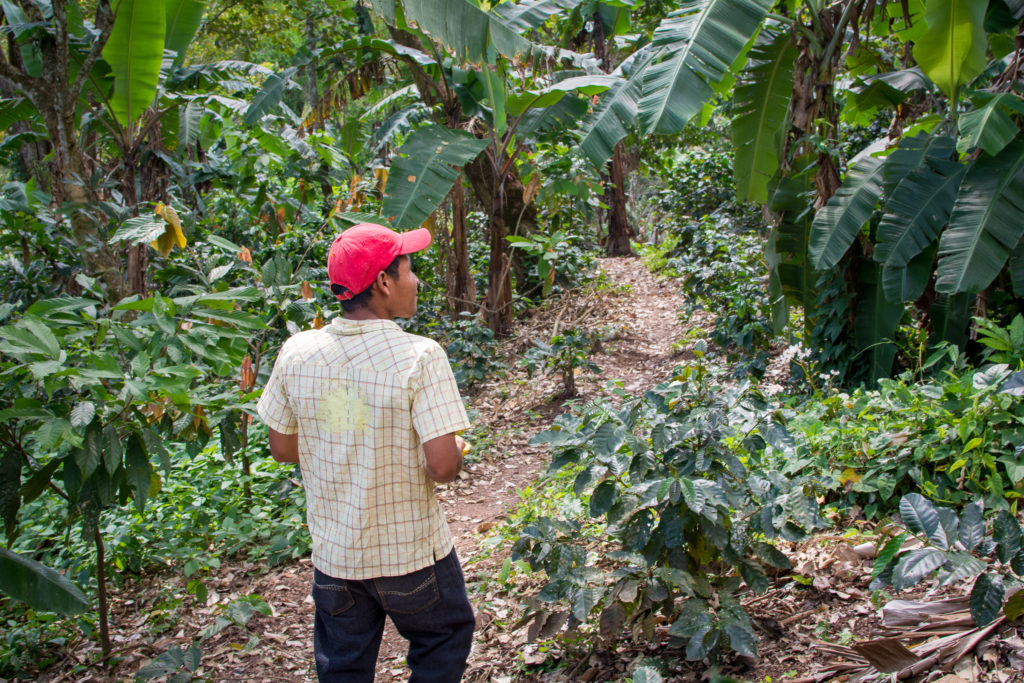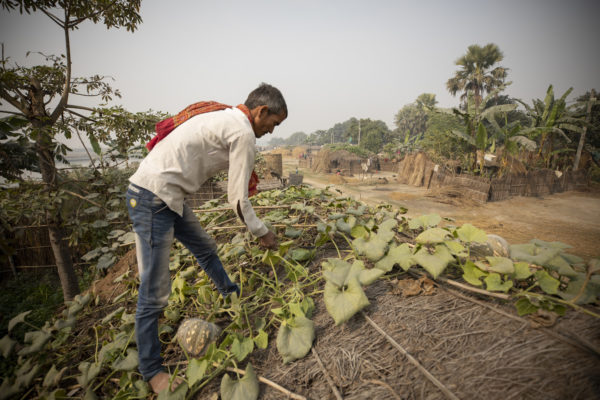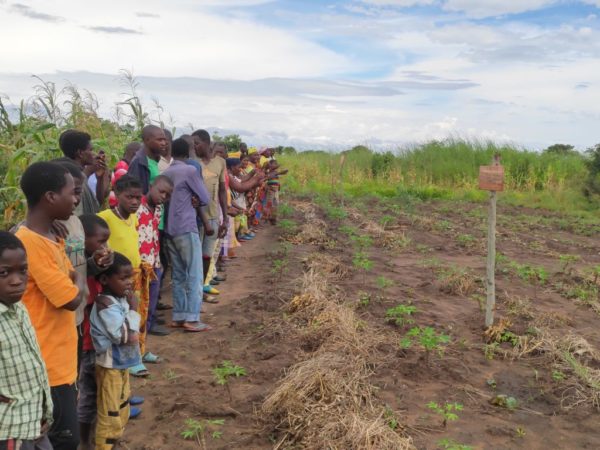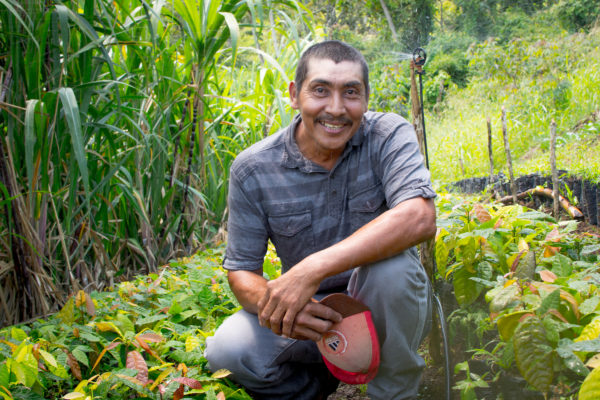
Building Resilience
A young couple lives on a small farm with their daughter and two sons. They grow rice on a half acre of land and make ends meet by working as day laborers. That is, they did until recently. This year a drought caused their rice crop to fail. The couple had taken a loan to buy seed and fertilizer and, now that they have lost their crop, they don’t have the money to pay it back.
To make matters worse, the entire country was shut down due to the pandemic and without the opportunity to work, their only other source of income disappeared. In a desperate attempt to provide for their family, they were forced to sell their 2 goats and 3 chickens to a wealthier family nearby, leaving them with food for only a month and a looming debt, but little else.
Unfortunately this story is all too common. We hear it everywhere – the specifics may vary, but the overall tragedy is the same. Extreme weather, political instability, crop-destroying pests and diseases have long plagued farmers. Now COVID-19 and its economic fallout have left families around the globe facing ever more tenuous circumstances.
Resilience has been defined as “an ability to recover from or adjust easily to misfortune or change” (Merriam Webster). This term has most often been used to talk about the psychological state of a person, but it goes beyond that. Resilience includes not only a person’s mental state, but their economic, physical and social state as well. A lack of resilience is a lack of hope and optimism.

Each of the programs that Growing Hope Globally supports around the world is working to build resilience. The approach varies depending on the local context, but enabling farmers and entire communities to better withstand and respond to the challenges they face is key to food security.
In Nepal and India, the focus is flood resilience. A combination of early warning systems and farming methods that keep produce above the water or allow families to take the plants along when they evacuate can make a huge difference – the difference between a temporary disruption and a long-term catastrophe.

In Northern Mozambique farmers are learning conservation agriculture methods. These practices help to hold moisture in the soil and enable them to produce a crop even when there is a drought.
In Bangladesh, Nepal and Cambodia, farmer groups are being organized to ensure that a variety of food is being produced in each community. Farmers are diversifying their farms with poultry and fish in addition to their regular crops. By coordinating with other farmers to meet local market demands, they can ensure that they are growing the right things to meet the nutritional needs of their communities in every season of the year.

In Nicaragua, families are receiving loans to purchase their own land. This allows them to make long-term investments in soil health and high-value slow-growing crops.
Farmers like Isaías are building resilience by practicing agroforestry and crop diversification. “I had worked on big farms before and they only plant one crop in an area”, said Isaías. Now he is growing more than 15 different crops on his land including fruits, vegetables, grains as well as cash crops like coffee and chocolate. ”I thank God that I have not had to look for work outside my own farm. I do not have to ask others for help because everything I need to feed my family comes from my farm. This program has been a blessing.”
Isaías is not stopping there, He is working to build the resilience of his community as well. He is helping them to get organized so that they can work together to overcome vulnerabilities. “Whatever goal we have, we can reach it, if we stay together.”
We live out our Christian faith when we love our neighbors. You can make a difference by working together with your local community to serve your global community. One of the ways we can show our love for the most vulnerable of our global neighbors is to help them build resilience, and with resilience comes hope for a brighter future.
Individual donations made to Growing Hope Globally by December 31, 2020 will be matched 2:1.
